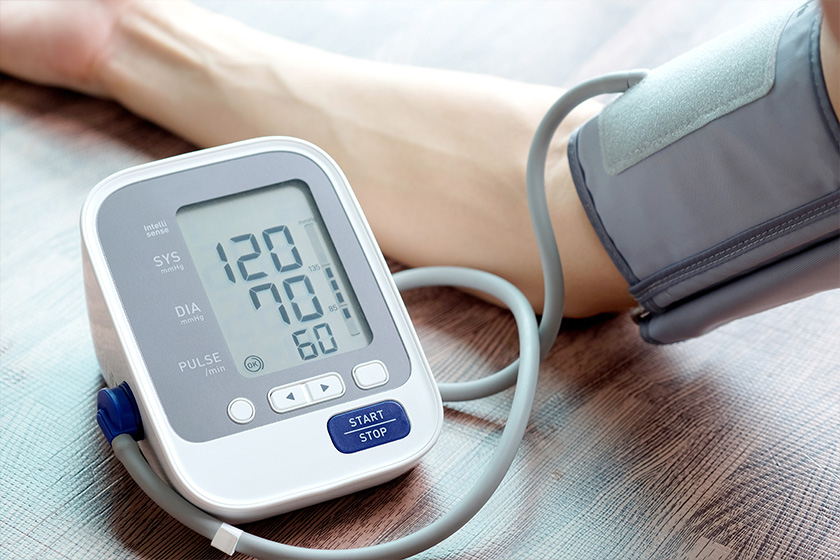Your doctor will always check your blood pressure no matter your purpose of visit. That’s because high blood pressure, or hypertension, carries no symptoms but can have an effect on your health. It can harm your body for years quietly. If left uncontrolled, high blood pressure can cause heart attacks, strokes, or dangerous health complications. Want to know more about the relations between blood pressure and the brain? Here’s some useful information we’ve put together for you.
What is High Blood Pressure?
Blood pressure measures the pressure of blood pushing against the walls of your blood vessels. If you have high blood pressure, this means the pressure against your blood vessels walls is constantly high. A healthy blood pressure reading is below 120/80 mmHg. If your blood pressure is consistently higher than normal, that means you have hypertension. This puts you at risk of serious health problems such as heart attacks and strokes.
What are the Symptoms?
Most people don’t know they have high blood pressure because there are no visible symptoms or warning signs. The best way to find out is by measuring your blood pressure.
What are the Causes?
Lifestyle, age, and genetics play a role. Common causes include a lack of exercise, stress, an unhealthy diet, and overconsumption of alcohol. Some food and medication can also increase your blood pressure, including caffeine, licorice, and nonsteroidal anti-inflammatory drugs (NSAIDs).
How Does it Affect Your Brain?
Strokes occur when a part of your brain doesn’t receive enough nutrients and oxygen and your brain cells die. High blood pressure can result in blood clots forming in the arteries connected to your brain, obstructing blood flow and possibly causing a stroke. It can also cause a transient ischemic attack (TIA) which is sometimes referred to as a ministroke. TIA happens when your brain experiences a temporary interruption of blood flow and is usually a symptom of a full-blown stroke.
High blood pressure can destroy blood vessels in parts of your brain that are responsible for memory and cognition. Studies suggest that it can lead to mild cognitive impairment, dementia, or Alzheimer’s disease.
How Can You Prevent High Blood Pressure?
You can make some lifestyle changes to lower your blood pressure or maintain it in the healthy range. Start by planning an exercise routine and make sure you get at least 30 minutes of physical activity each day. Don’t rush into doing high-intensity exercises at the beginning. Do some brisk walking or go swimming.
Make changes to your diet and reduce your salt and alcohol consumption. Opt for a healthy snack instead of junk food. Include lots of fresh fruits and vegetables in your meals. They are good sources of vitamins and nutrients that are beneficial to your overall health.
Smoking puts you at a higher risk of developing hypertension so perhaps it’s time to quit it. It can be challenging to kick the habit but it’s not impossible if you can find the right support.
At the end of the day, make sure you get enough sleep. Good quality sleep keeps your blood vessels healthy. Establish a sleep routine, keep your mind and body relaxed and play some soothing music to help you get some peaceful sleep.







